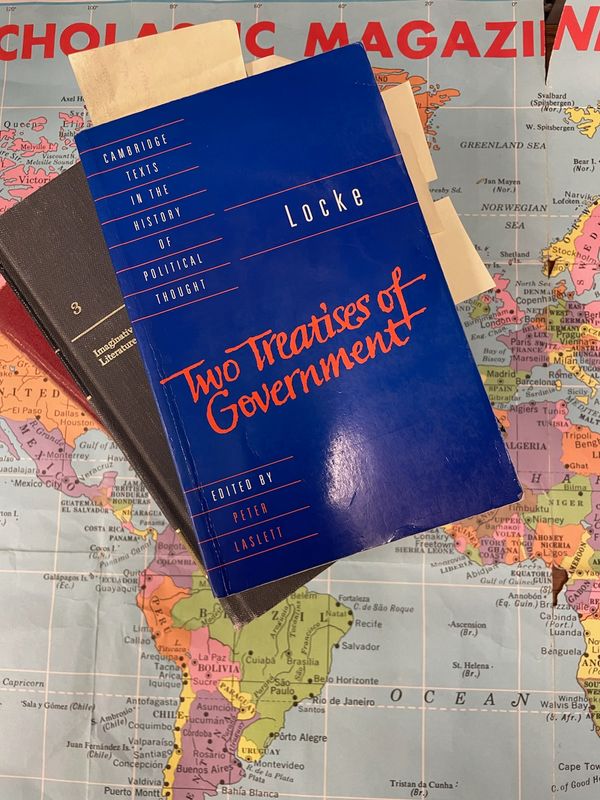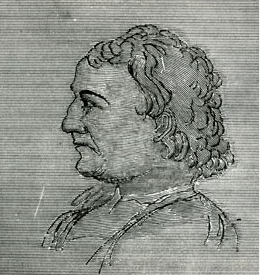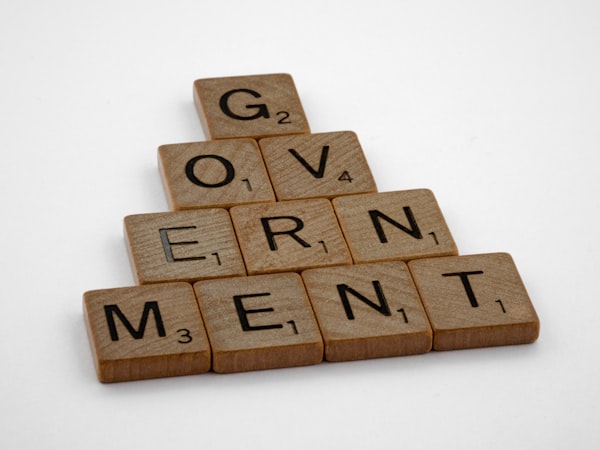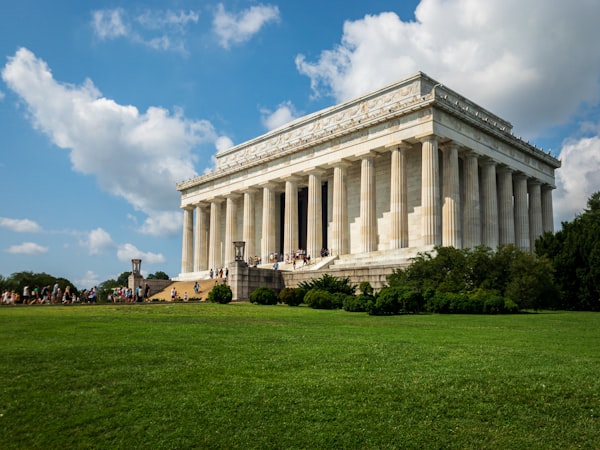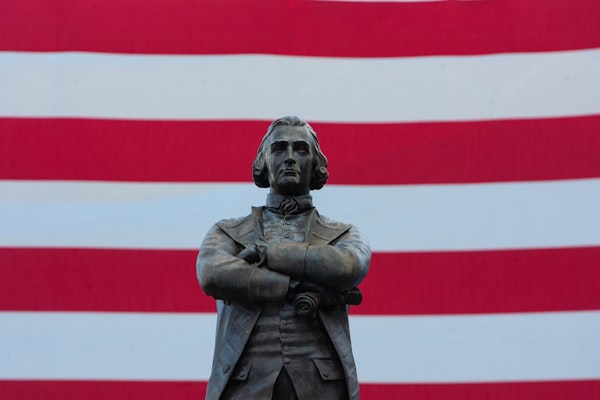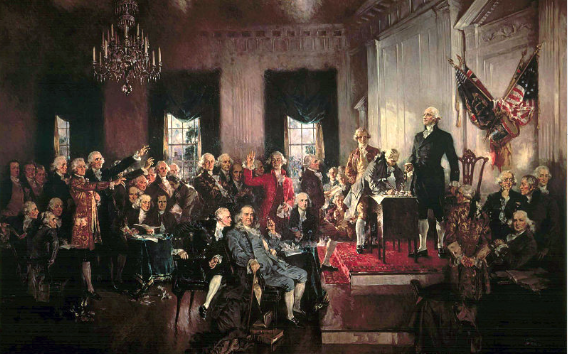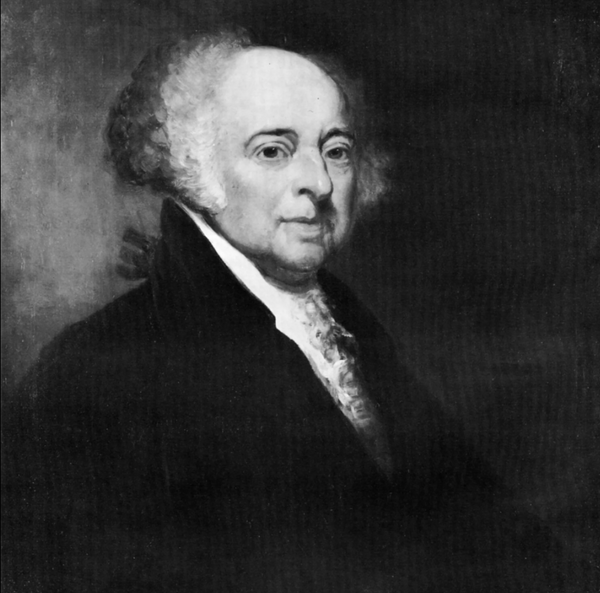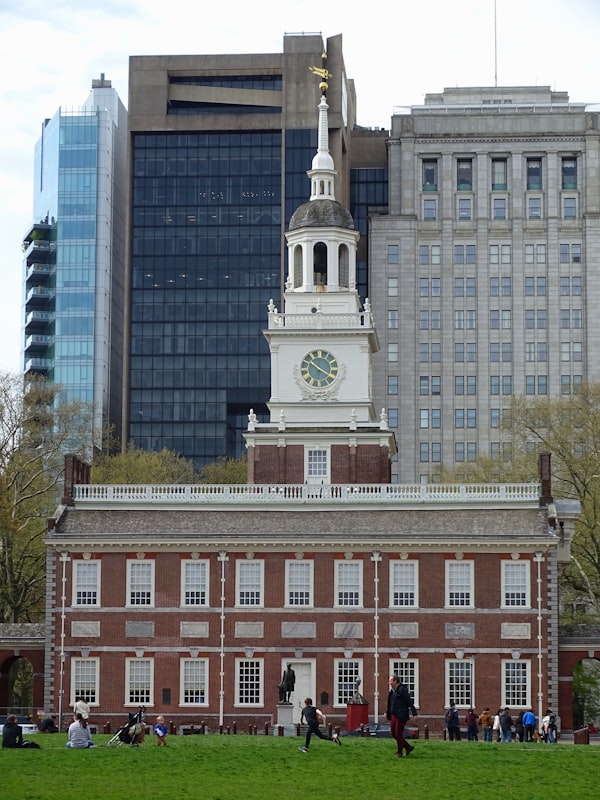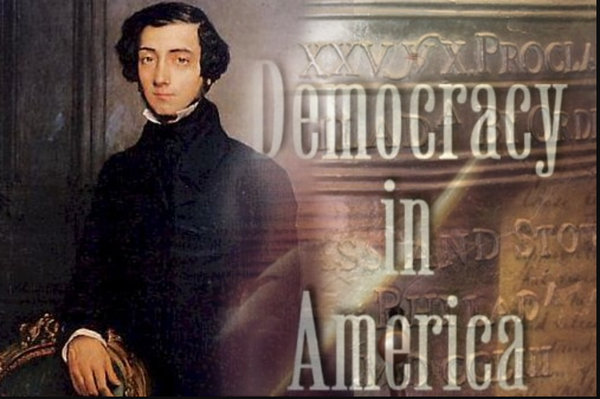

Founding Era
As this site is dedicated to obscure works and lesser known authors, it does not seek to construct comprehensive histories of any subject. Consequently, many excerpts will be from minority or contrarian views. Many of the tags for the Founding Era page will be from Anti-Federalists or other obscure sources that address popular political ideas of the time in order to create a deeper and more complete understanding of the Founding Era.

